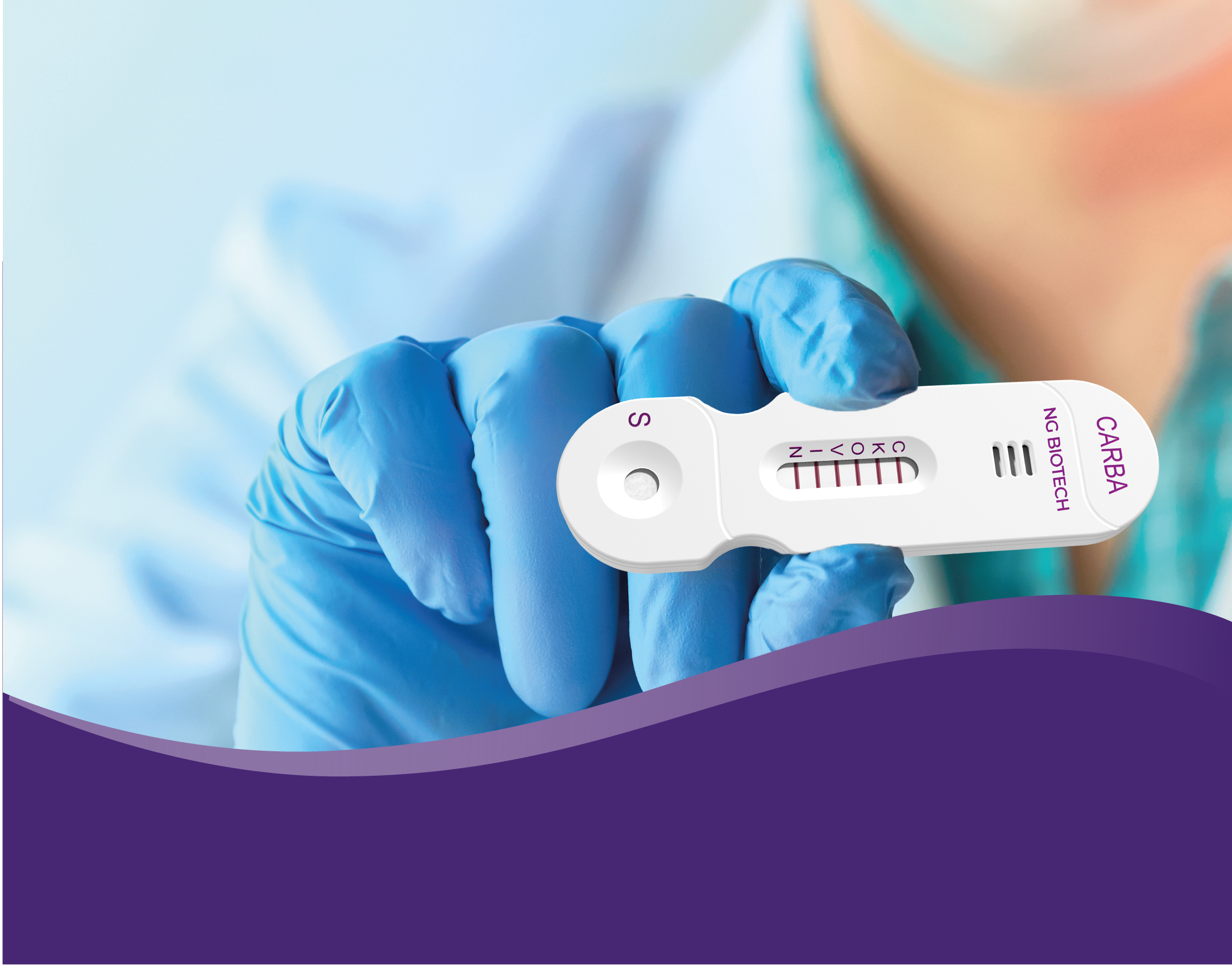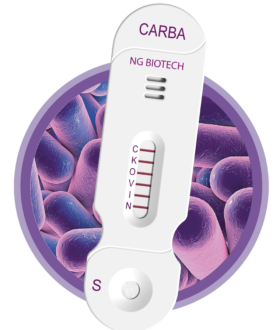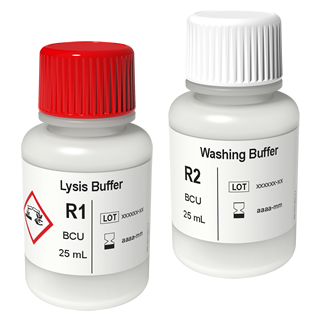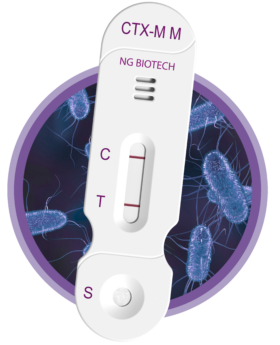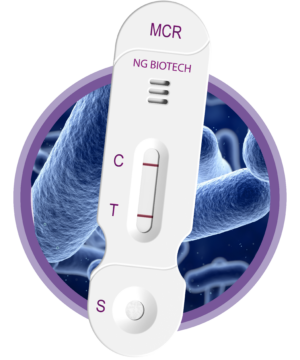The worldwide emergence of antibiotic resistance severely limits therapeutic options and is a significant global public health threat [1], [2].
Resistance to carbapenems in Enterobacterales can be caused by hyperproduction of AmpC β-lactamases or extended spectrum β-lactamases (ESBLs) combined with altered membrane permeability or by the production of carbapenemases (carbapenemase-producing Enterobacterales (CPE). Those enzymes are encoded mainly on plasmids and are highly transmissible.
The Ambler classification system categorizes β-lactamase enzymes into 4 Classes (A, B, C, D) based on their central catalytic domain and substrate preference [3].
Of these, classes A, B, and D include carbapenemases, whereas class C enzymes hydrolyze primarily cephalosporins. Enzymes in classes A, C, and D have serine in the active catalytic site, whereas class B enzymes are metallo-β-lactamases (MBLs) with zinc in the active site.
To contain the further dissemination of CPE, the rapid and accurate identification of carbapenemases is of paramount importance for both epidemiological and infection control purposes [4]. Rapid diagnostics [5] are one of the key points to tackle Antimicrobial Resistance. (Sir O’Neil, 2014, Antimicrobial Resistance: Tackling a Crisis for the Future Health and Wealth of Nations) [6].
NG Biotech’s objective is to propose a range of Lateral Flow Immunoassays (LFIA) which can compete with molecular techniques to transform the way we use antimicrobials in humans and animals: reducing unnecessary using, slowing AMR and so making existing drugs last longer.

